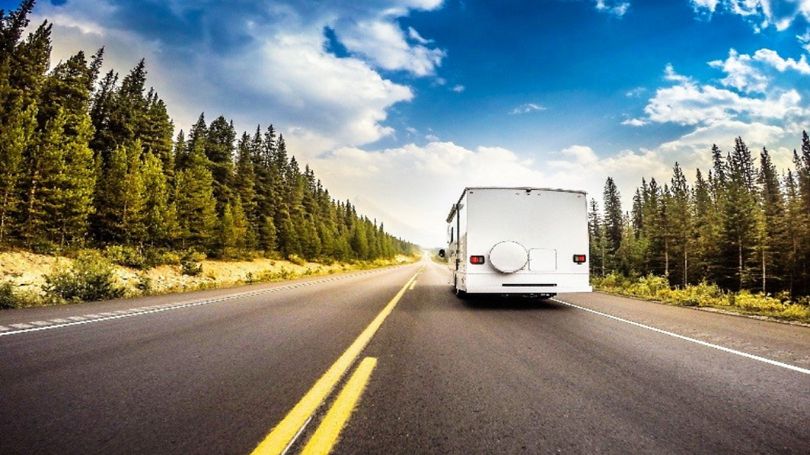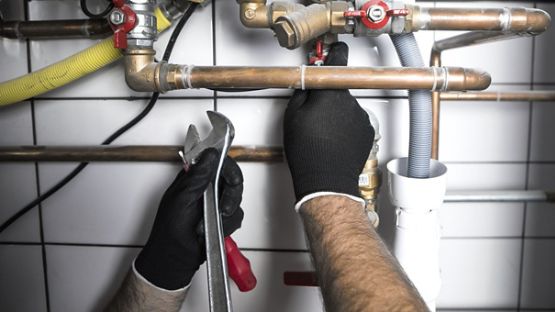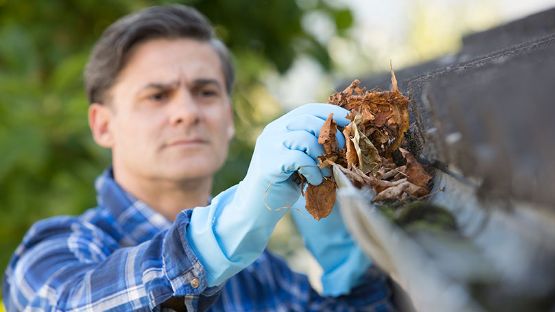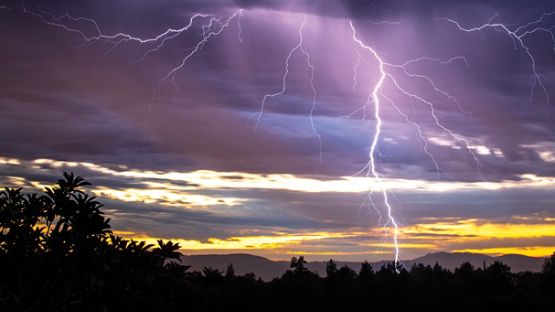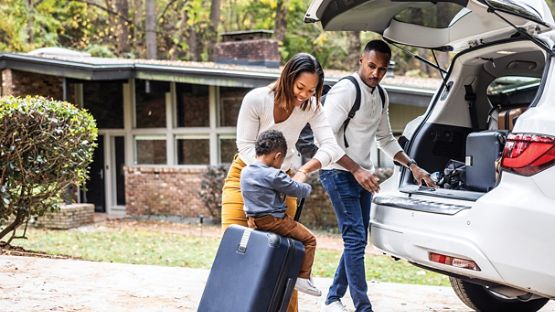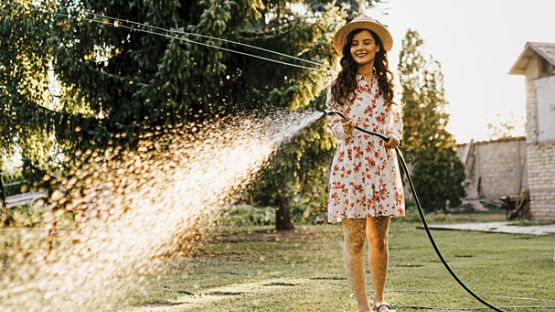There’s nothing like exploring the countryside from the comfort of an RV. With almost every convenience at your fingertips, you can feel like you’re always at home wherever you may be.
However, it’s important to remember that your heavy home on wheels is a vehicle that requires skill, patience and keen attention as you navigate roadways.
Here are 3 common RV accidents—and how you can avoid them.
Collisions
In bumper-to-bumper highway traffic or on a road less travelled, collisions happen. Whether it’s with another car, a guard rail or an unlucky tree, fifth wheel vehicles can get out of a driver’s control quickly.
You can avoid costly collisions by:
- Reducing your speed—just like with other vehicles, speed is often a significant factor in accidents. It’s tempting to cruise swiftly along to your next destination, but if you want to travel safely, keep to the speed limit and adjust even lower if you encounter road conditions that require extra dexterity.
- Avoiding driving while tired—when drivers are sleepy, their reflexes are considerably slower. If you’ve been driving all day and are feeling tired, consider finding a place to pull over and taking a nap. After all, you travel with a bed!
- Leave enough safety distance—Tailgating on the road is never a good idea, but it’s especially dangerous in a heavy RV. You need to factor in extra braking time with your home on wheels. One car length’s distance may not be enough; leave additional room, particularly on busy highways.
Rollover
An RV on its side beside a highway is not an uncommon sight in the summer. The higher centre of gravity makes RVs more prone to rolling over than other vehicles. High winds can also be a contributing factor for more lightweight RVs. You can avoid this unsettling situation by:
- Keeping your speed down—most rollovers happen at more than 80 km/h.
- When winds are higher than 30 km/h, take side streets where more trees and buildings can buffet the gales.
Tire blowouts
Blowing a tire can be a dramatic event in even a small car; multiply that several times and you get the idea of what happens in an RV! But simply being jarred is the best-case scenario in a tire blowout; losing a tire can cause chaos for all cars on the highway. Protect yourself by:
- Checking your tires every time you take off: for proper PSI and wear and tear
- Replace your tires on schedule
- Use your brakes properly, especially on mountain roads (to avoid putting undue pressure on your tires)
- Don’t overload your RV; it puts pressure on your tires
The best way to avoid an accident is to have a properly maintained vehicle, an alert driver and a strong knowledge of the road.
If you’re interested in trying out RV life, but aren’t ready to invest in your own yet, check out Outdoorsy, a secure online RV rental marketplace where you can be matched with an RV owner near you. Thanks to an exclusive partnership with Aviva Canada, you’ll be protected with market leading insurance coverage to

